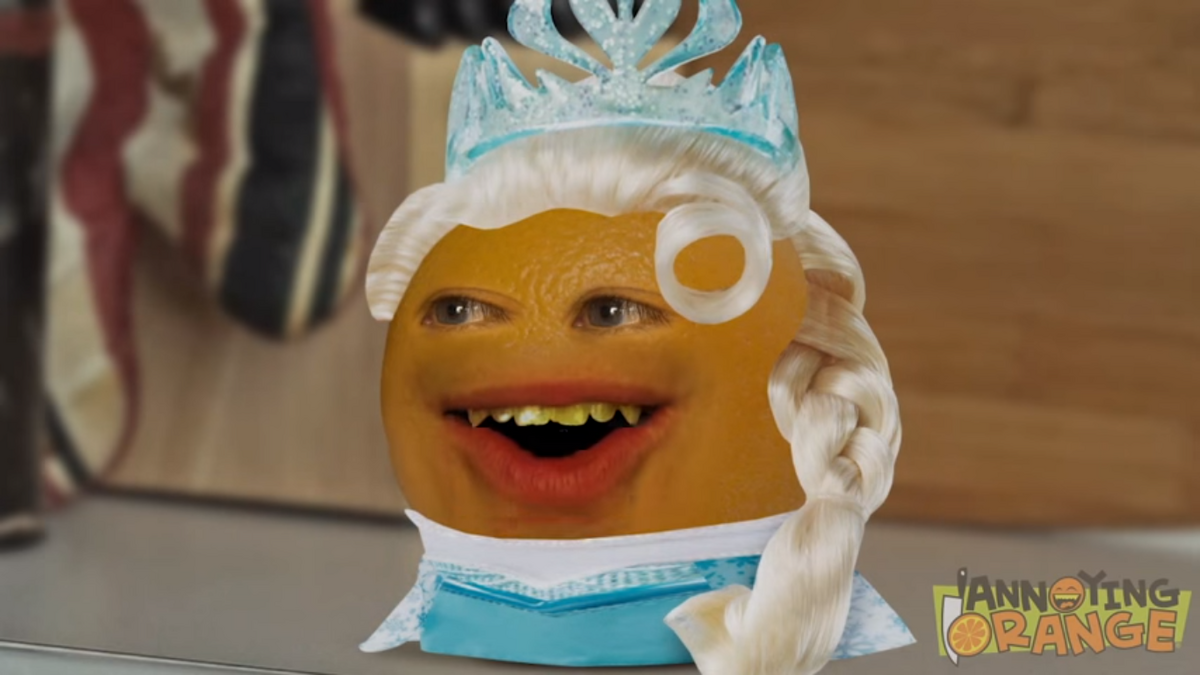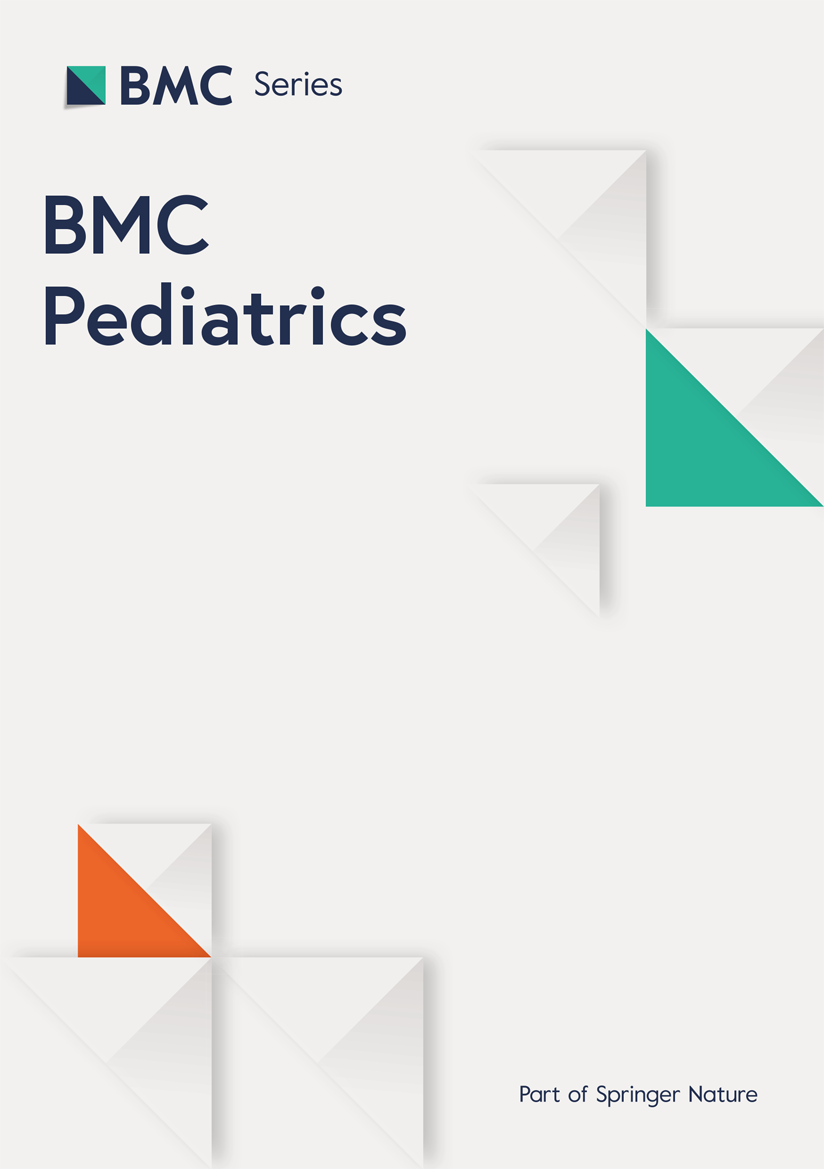All the Wisdom You Need for Old Age Is in One Small Book
The best self-help book for older adults is 2,500 years old.
My Desert Island book is small, with 81 verses, and it has a permanent place on my nightstand. It is Lao Tzu’s classic manual on the art of living, the Tao Te Ching, written in the 4th century B.C.E.). I’m using Steven Mitchell’s version for this article.
Lao Tzu’s name is most often translated to Old Master. He wrote his book for everyone, but it is especially relevant for older people. His advice is to simplify our lives, lighten our load, and humble ourselves.
You can read the Tao Te Ching in two hours, but it takes a lifetime to understand it.
The good news is that the older you are, the easier it is to understand. I read the Tao Te Ching before I started writing this and found one verse, verse nine, which provides sage advice for old age in just 50 words.
Fill your bowl to the brim
and it will spill.
Keep sharpening your knife
and it will blunt.
Chase after money and security
and your heart will never unclench.
Care about people’s approval
and you will be their prisoner.Do your work, then step back.
The only path to serenity.— Tao Te Ching, Verse Nine
Before I dive into Verse Nine, what is the Tao? Lao Tzu described it like this (paraphrased):
There was something formless and perfect before the universe was born. It is serene, empty, solitary, unchanging, infinite, and eternally present. It is the mother of the universe. For lack of another name, I call it the Tao.
You might call it God or one of the many names it has had down through the centuries.
The message of the Tao Te Ching is to be in harmony with Tao, nature, and the universe without trying to change it. A quiet mind is necessary to understand the Tao Te Ching. You must live life moment by moment. As each new moment begins, you disregard the former one and focus on the present one.
We older folks should be like thru-hikers on the Pacific Crest Trail who, to keep their backpacks light, rip out and throw away the pages of books as they read them. That’s a perfect metaphor for how we should live—lightly in the moment.
We should be like a mirror that perfectly reflects what comes before it, yet retains no trace of it when it’s gone. If we could live like that, we’d have fewer worries in our heads. Imagine if a mirror retained all the images that appeared before it. It would soon be useless, like the mind of a person wandering lost in the past.
Here are four traits I’m ditching as I approach 80, framed by Verse Nine of the Tao Te Ching.
Fill your bowl to the brim
and it will spill.
My desires have changed dramatically in old age, specifically since I accepted my age at 68. I used to crave visiting exclusive restaurants, like The French Laundry in Yountville, California. It offers elaborate tasting menus with small plates like this one:
“Bread and Butter: Bitter Cocoa Laminated Brioche and Hillary Haigh’s Animal Farm Butter.”
It sounds delicious. It’s just one plate from the 13-plate Chef’s Tasting Menu. The cost, around $400 per person, does not include tax, gratuity, or wine. It would be a wonderful splurge to drive up to Yountville and have this meal and stay overnight, which could cost another $400.
But you know what?
I no longer want to. Even if I could easily afford to go there, I doubt I would. My wife and I cook nice meals at home, and even though the bread isn’t laminated, our cooking is excellent.
A Fall evening with a vegetable casserole in the oven, a modest bottle of California wine, my chill music playlist on the stereo, candlelight, and my wife Marina is all I need. I’m done with “making memories, collecting experiences, and bucket listing.
I feel like a part-time monk. My desires are getting simpler by the year. As your desires become simpler, your mind becomes less cluttered. You care less about the fanciness of the meal and which farm the butter comes from. You’ll care more about the simple food and connecting with your companions at the table.
The older I get, the more I realize how little I know. Instead of collecting knowledge like I did in my youth and middle age, I’m living more in the moment. This happens naturally in old age. We age out of knowledge collecting into moment-to-moment awareness.
Don’t forget to leave some room in your bowl for mindfulness.
“Keep sharpening your knife
and it will blunt.”
Perfectionism is a dream killer. It is the enemy of creativity, good relationships, and happiness. Whatever you want to achieve, your perfectionism will kill it.
Perfectionism says, “You can’t write online. You’re not yet ready; you don’t have the experience, talent, or discipline to pull this off. Make a common-sense plan, take your time, and keep your options open. Someday, you’ll be ready to write.”
Nonsense!
That’s what the perfectionist voice inside told me for years. And it was a close call. I finally broke through my perfectionism at 77 and began to write online. Even though I am now writing, I still struggle with each article way too much.
Perfectionism will alphabetize your spice rack and Marie Kondo your sock drawer. It’s not an enjoyable way to live. I want to live my life free and easy, and if I can’t find the cumin, no biggie.
I want to throw caution to the wind and let my words fly like wood chips from a chainsaw. I want to get into “I don’t give a damn mode” and churn out a first draft in 30 minutes. Readers don’t want to read my perfectionism — they want to read my heartfelt accounts of my life, thoughts, and experiences. They want to read my wisdom and my flow.
I’m in the writer’s seat, driving this laptop, and it’s my responsibility to deliver the goods—to let go of perfectionism. Perfectionism is like useless clutter and junk in the attic—it’s time to throw it out. My life is moving toward this ideal from Antoine de Saint-Exupéry that we would all be wise to adopt.
Perfection is achieved, not when there is nothing more to add, but when there is nothing left to take away.
“Chase after money and security
and your heart will never unclench.”
I have never had much money. I’m a person of modest means. It’s not that I didn’t want to be rich — I just didn’t know how to do it.
Worrying about money is a big issue for me. People experiencing homelessness are chasing after money. Who wouldn’t be in their situation? But when you have a one-bedroom condo, you want a three-bedroom and a better job. When you have a ranch house in the burbs, you want a swimming pool and a Hawaiian vacation.
When you’re living in a six-bedroom McMansion, you dream of tennis courts and horse stables. Plus, you need to install electronic security systems to keep everything safe. You need investment advisors. There’s no end to it.
But if a person were to live according to the Tao Te Ching, they could have money without it controlling them. Maybe Keanu Reeves is such a person. Maybe I could be such a person.
Money is a way to buy things that make your life easier and more pleasant. It shouldn’t be the Holy Grail. But if you make it the be-all and end-all, it will be holy hell. This is a word to the wise from the Tao Te Ching. The most accurate and most valuable cliche on the planet is “You can’t take it with you.” You came in naked and broke, and that’s how you’ll go out.
Unclench your heart while you still have time.
“Care about people’s approval
and you will be their prisoner.”
If this is true, then I have been a prisoner for most of my life. This may be the hardest trait for me to let go of. I have always cared deeply about what people think about me. Living like that is 20 percent useful and 80 percent worthless.
It’s useful because I’m sensitive and try not to hurt others. It’s worthless because caring what others think restricts my heart and inhibits my personality and creativity. I can’t be my true self when I’m constantly worrying about what others may be thinking about me.
And it’s funny — they’re probably so wrapped up in themselves that they’re not thinking of me at all.
There is a reason why Mark Manson’s book, The Subtle Art of Not Giving a F*ck, has sold more than 10 million copies. It targets the harmful habit of comparing oneself to others, which is one of the most self-destructive things we do.
This comparison mania drives advertising and our consumer culture as we strive to keep up with the Joneses. In turn, keeping up with the Joneses drives the pharmaceutical advertising industry, which treats all the diseases that are made worse by the stress and disease caused by people constantly feeling inferior to others.
The Tao Te Ching had us pegged 2,500 years ago. Comparison disease must have been rampant then, too. Now that we have identified the problem, what can we older adults do about it? I don’t use any of the pharmaceutical solutions, but here is what I have done that helped me care less about the Joneses.
I’ve been meditating daily for four years, which has helped me minimize the importance of my thoughts and put them in perspective. Too much caring about what others thought about me held me back from writing. I’m over that.
Through meditation, I was able to write, and writing increased my confidence in myself. Since then, the Joneses have steadily shrunk in my life.
So my answer is to do whatever you can to quiet your mind. Adopt quiet hobbies, read fiction, and this is a good one — lie in bed in the afternoon and stare at the ceiling. Allow yourself to be lazy.
If you’re up for it, meditate or do yoga.
Most importantly, be kind to yourself. You’re better than the Joneses. After all, the Joneses don’t exist — they’re merely ghosts in your mind. They’re as harmless as bunny rabbits.
Verse nine of the Tao Te Ching ends with:
“Do your work, then step back.
The only path to serenity.”
I like this translation of Verse Nine’s ending better.
Retire when the work is done.
This is the way of heaven.
I hope you have a nice retirement.
(Originally published April 2024 on Medium, in the Crow’s Feet publication.)
Gary
May 2025











